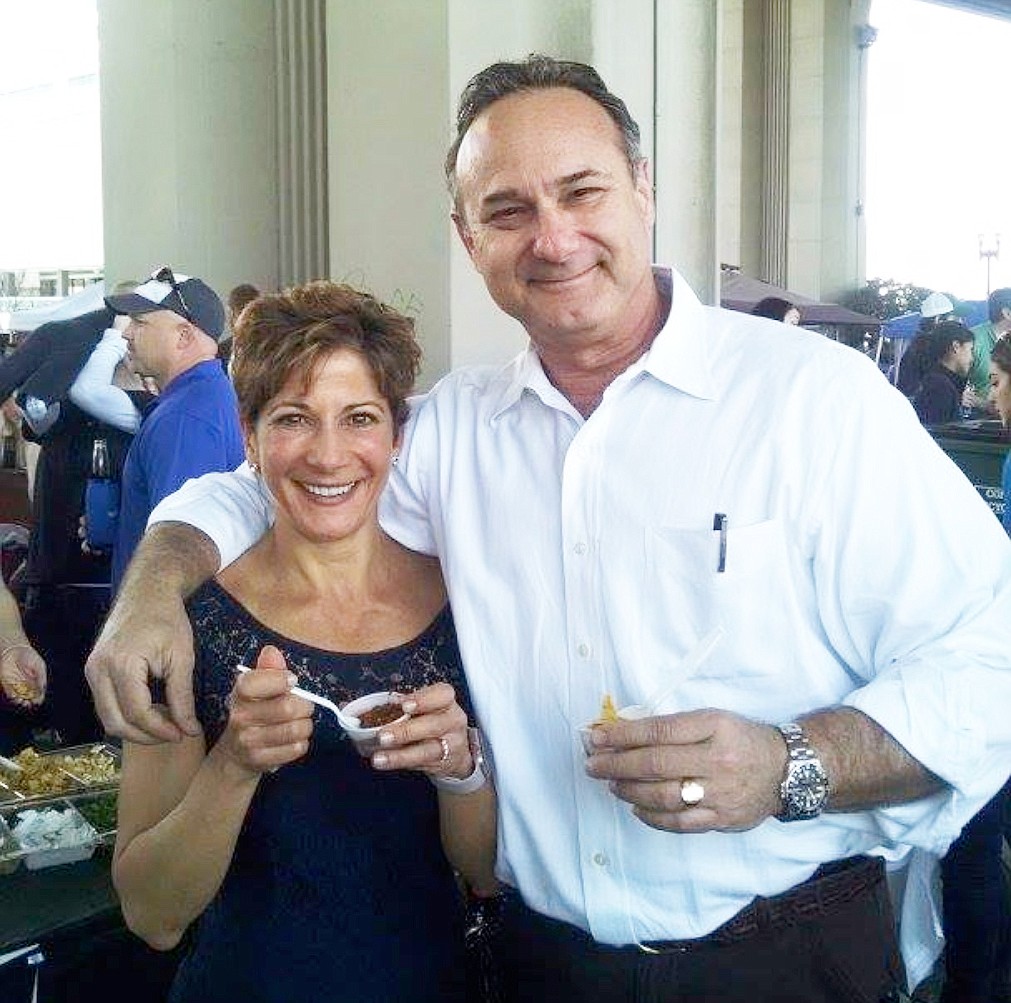
By Adam Edgecombe
Vice chair, Professionalism & Mentoring Committee
In speaking with one of my bosses regarding a recent frustrating experience with another attorney, my boss reminded me of a very important point.
After I complained about what I perceived to be an unprofessional tactic taken by opposing counsel, my boss responded that it was likely because that attorney never received any mentoring or guidance from a senior attorney in his career.
My boss reminded me that if, as a young attorney, you don’t learn how to properly conduct yourself from a more experienced attorney, you are much less likely to act properly and professionally.
In that spirit, The Jacksonville Bar Association’s Professionalism & Mentoring Committee, led by Chair Duval County Judge Gary Flower, is developing a comprehensive mentoring program for new attorneys in the 4th Judicial Circuit.
The large group of young attorneys who are not receiving significant mentorship presents an opportunity to provide leadership and impart learning to the new attorneys.
It is the association’s hope that the mentoring program can go a long way toward helping our new attorneys grow and become better, more professional lawyers.
The program will pair new attorneys with a mentor attorney with seven-10 years of experience so that they may offer guidance, yet are not so far removed from the ranks of the newly licensed that they cannot remember their time as a new attorney and the challenges faced by those embarking on their legal careers.
From there, the mentors and their mentees will decide on a schedule and format for meeting several times throughout the year, as well as how to communicate and interact through less-formal means.
It is the committee’s hope that this program can make a significant impact on the practices and professionalism of the mentees and help them develop approaches and philosophies for practice that will make them better attorneys.
For mentors, participation in the program is an opportunity to give back to the association and the legal community, and to shape its future by providing guidance and learning opportunities through their experiences.
Some potential mentees may shy away from obtaining guidance and mentorship for fear that it is an admission that they need help or that they are not qualified to practice. However, those concerns are unfounded and shouldn’t stop young attorneys from joining the mentorship program.
Enrollment in the program shows a self-awareness and desire to improve that is a crucial part of growing as an attorney. Many of our legal luminaries had mentors at the early stages of their careers and enthusiastically recommend that other young attorneys seek out mentors.
For instance, JBA Past President Giselle Carson told me, “I was fortunate to have had Judge Flower as my family law and trial practice professor about 15 years ago. His teachings, mentorship and support have served me well ever since. He has continued to be a guiding light for my career development, leadership positions, community engagement and self-development. Every lawyer should have one or two or more mentors. If you don’t, this should be at the top of your to-do list. It will bring sparkle and vitality to your life and career.”
If you are a young attorney who thinks you could benefit from mentorship, or if you are an attorney who has been practicing for seven-10 years who would like to become a mentor, check the Bar Bulletin and the association’s email communications for more information in the near future.